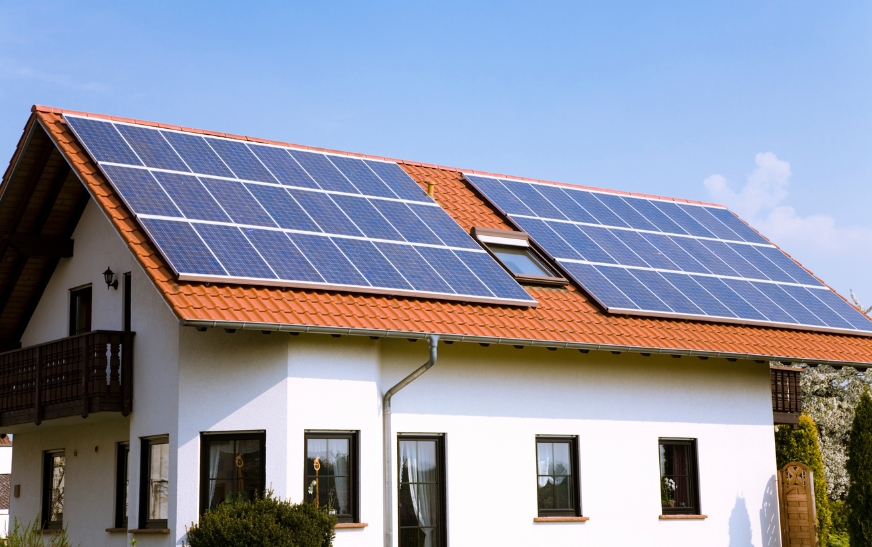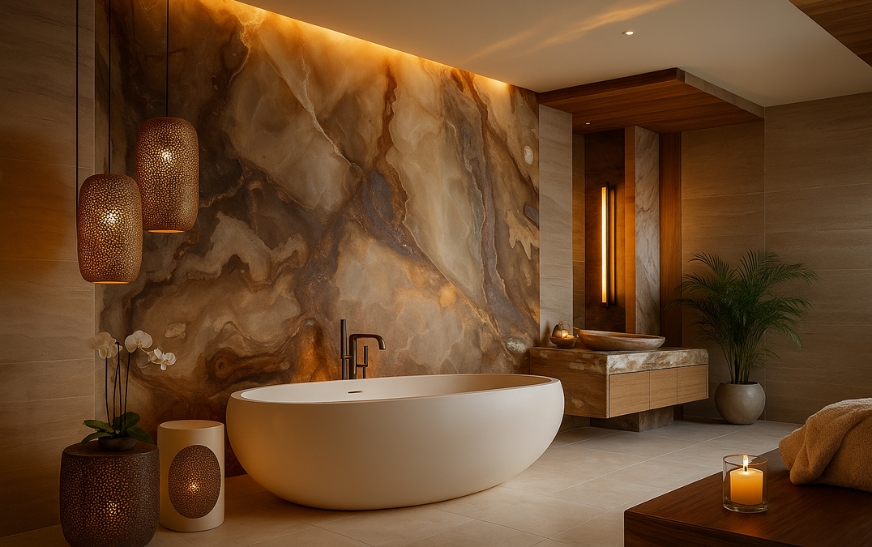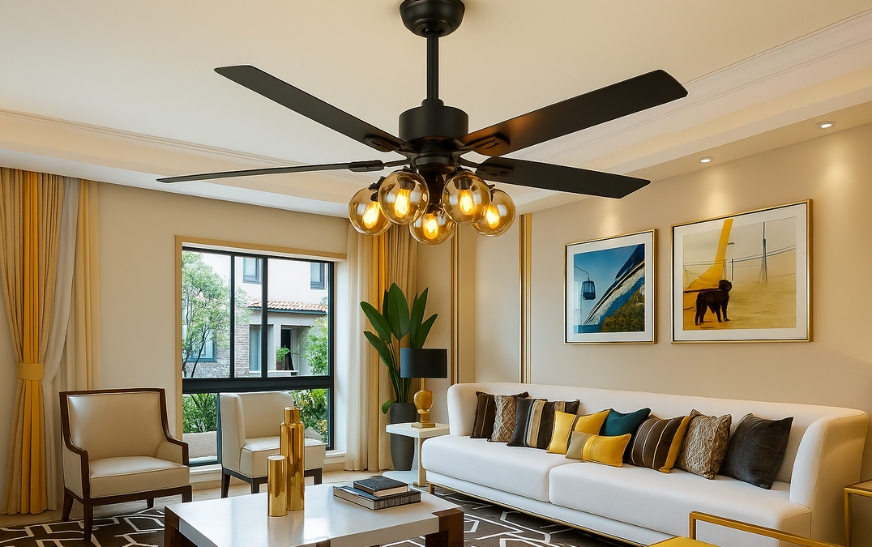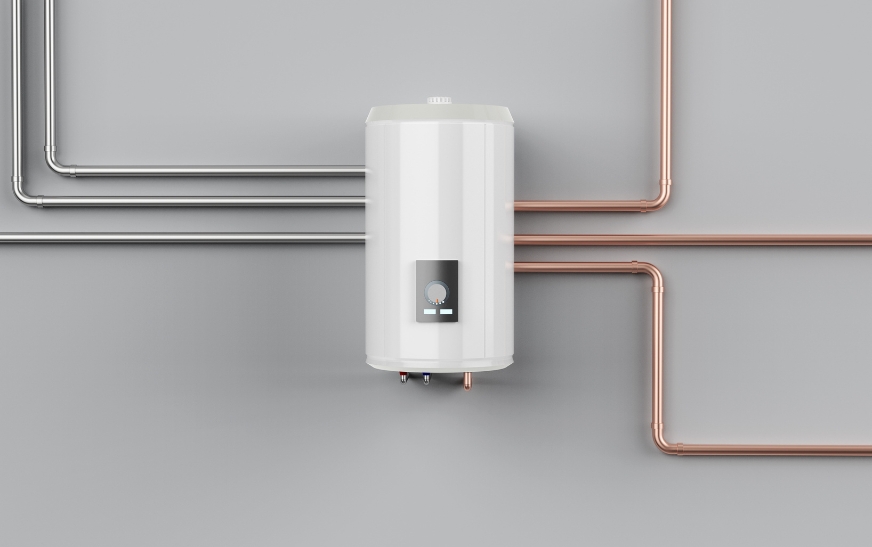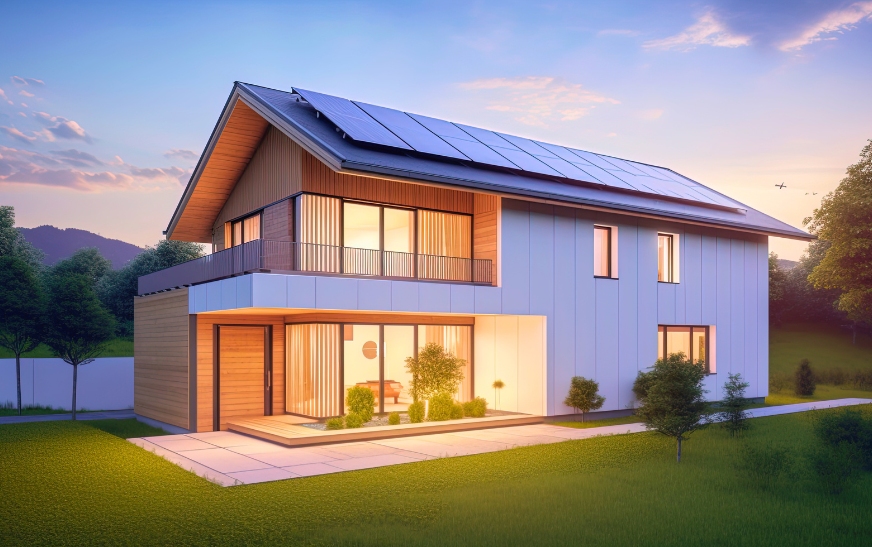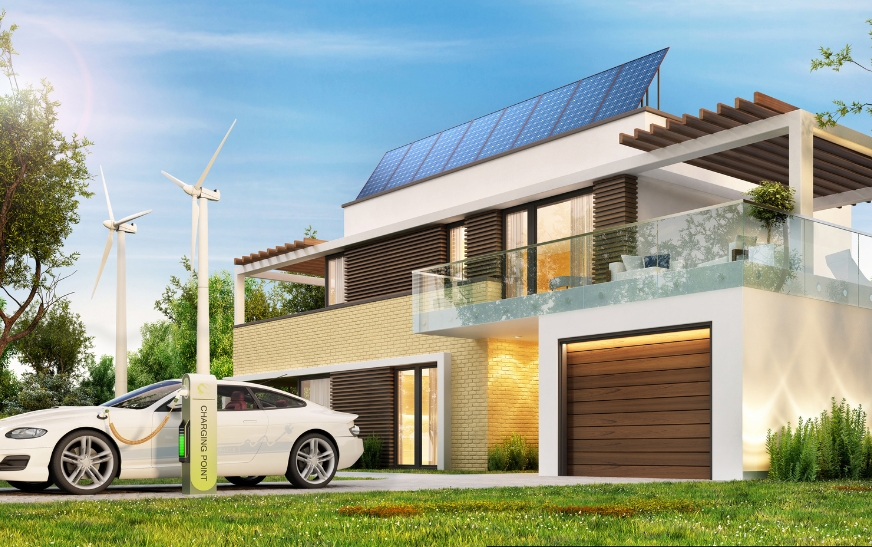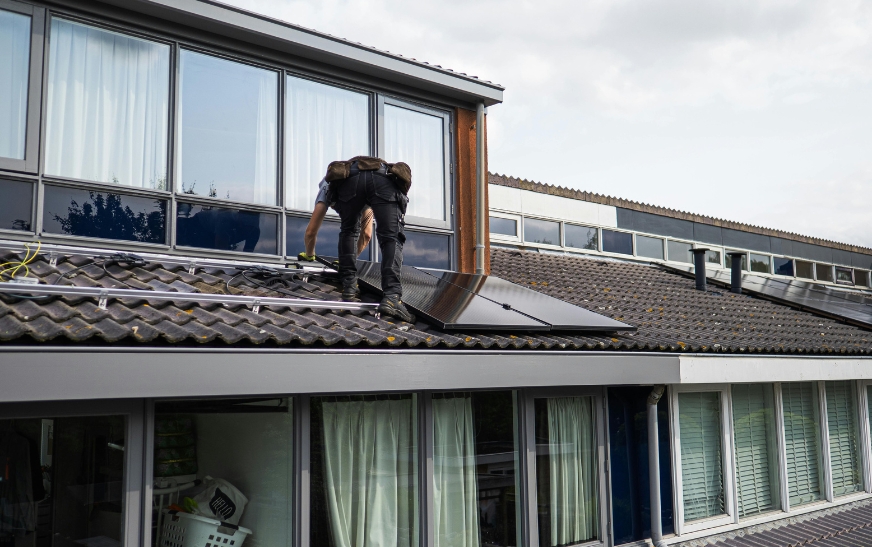Rooftops With Solar Panels
You’ve probably seen more rooftops with solar panels in your neighborhood lately. It’s not just a trend—solar is becoming a real solution for homeowners who want more control over their energy bills and a cleaner way to power their homes. But before you leap into home solar installation, you need to ask yourself a practical question: Does solar make sense for your home?
It’s not always a simple yes or no. There are a few key things you’ll want to evaluate—some you can figure out yourself, and others are worth discussing with a professional. But either way, making the right decision now could lead to serious solar savings for decades.
Start with Your Roof
Let’s get the basics out of the way, because if your roof isn’t ideal, nothing else really matters. You’ll want to check three things: sun exposure, roof condition, and available space.
Ideally, your roof should face south or west and get a good amount of direct sunlight during the day. If it’s heavily shaded by trees, chimneys, or nearby buildings, it could significantly reduce your solar panel efficiency. That doesn’t mean solar is off the table, but it does mean you’ll need to factor in performance losses when calculating your return on investment.
And don’t forget to check the age of your roof. If you’re planning to replace it in the next few years, do that before or during your solar panel installation. The last thing you want is to pay for removal and reinstallation down the road.
What Will It Actually Cost You?
This is where things can feel overwhelming, but it’s important to get clear on the real numbers. The cost of solar panels for a [size] house can vary based on location, roof complexity, the type of panels you choose, and whether you go for add-ons like solar energy storage.
The national average?
Somewhere between $15,000 and $30,000 before any incentives. But here’s where it gets interesting—solar rebates, state-level incentives, and solar tax credits can bring that number down by thousands. As of 2025, homeowners may still qualify for the federal investment tax credit (ITC), which lets you deduct a portion of the system’s cost from your taxes.
Want the most accurate estimate? Search “find a solar installer in [City]” and book a site assessment. They’ll evaluate your roof, energy usage, and current utility rates to show you a clearer picture of what your solar savings could look like.
You Don’t Have to Pay Upfront
If the upfront cost is holding you back, you’ve got options. A lot of them. Between solar panel financing options, local loan programs, and third-party installers offering leases or power purchase agreements (PPAs), there’s a way to make solar work for most budgets.
Just keep this in mind: ownership usually pays off more in the long run. If you buy your system with cash or a loan, you keep the incentives and build equity in your home. Leasing may feel easier now, but it often comes with lower long-term benefits, and may complicate things if you plan to sell your home.
How Much Maintenance Will You Have?
This one’s simple. Most systems require minimal maintenance. Panels have no moving parts, and quality systems are built to handle everything from snow to hail. A little cleaning now and then helps, but beyond that, you’re looking at an annual check-up or two.
To get the most out of your system, ask your installer about solar panel maintenance tips. Things like checking for shade changes from new tree growth or using monitoring apps to track output can go a long way. If you notice a sudden drop in production, that’s usually your cue to call in a pro for inspection.
Oh—and most panels come with 25+ year warranties. So if you’re wondering about solar panel lifespan, you’re looking at two solid decades of low-maintenance performance.
Thinking Ahead? Consider Storage
Adding solar energy storage to your system isn’t essential, but it’s worth thinking about, especially if you live in an area with frequent outages or time-of-use electricity rates. Batteries store the extra energy your panels produce during the day and let you use it at night or during blackouts.
Yes, they add to the cost, but they also increase independence and give you more flexibility in how you use your solar power. For some homeowners, it’s not even about savings—it’s about reliability and peace of mind.
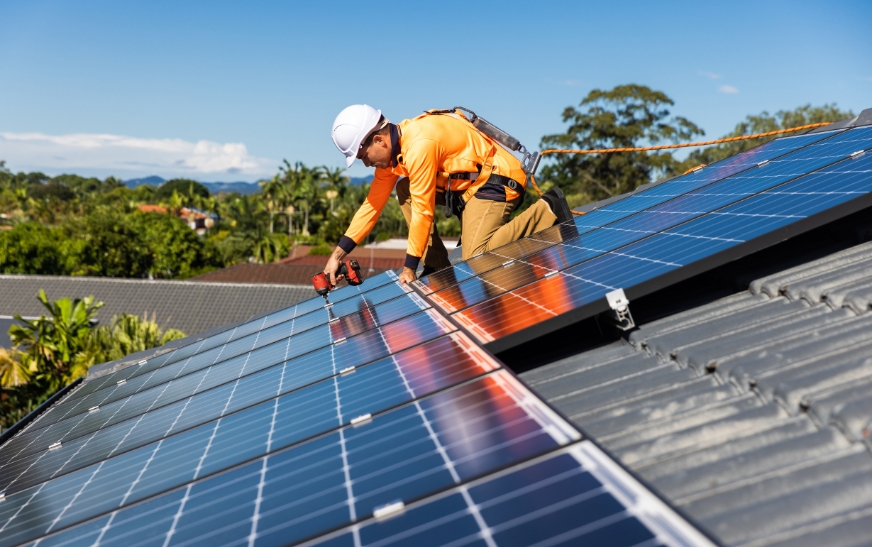
Adding Solar Energy Storage
Pros, Cons, and the Reality Check
So, is solar energy right for your home? It can be, but you’ve got to weigh the upsides and the downsides.
The upside: You reduce your reliance on the grid, you lower your monthly bills, and you actively contribute to a cleaner energy future. You may also boost your property value, especially in areas where solar is popular.
The downside: If your roof isn’t ideal, or your energy usage is already low, the math might not add up. While incentives help, solar energy is still a long-term investment, not a quick fix.
That’s why it’s smart to get an honest evaluation before making any big decisions. Solar energy for homes can absolutely be worth it, but only if it works with your unique setup and goals.
Conclusion
At the end of the day, going solar isn’t just about the environment or keeping up with the neighbors—it’s about making your home smarter, more efficient, and better prepared for the future.
If you’re serious about exploring solar, start by assessing your roof, understanding your local incentives, and comparing quotes from reputable solar installation companies. Ask about financing, maintenance, efficiency, and how to install solar panels on your roof the right way.

